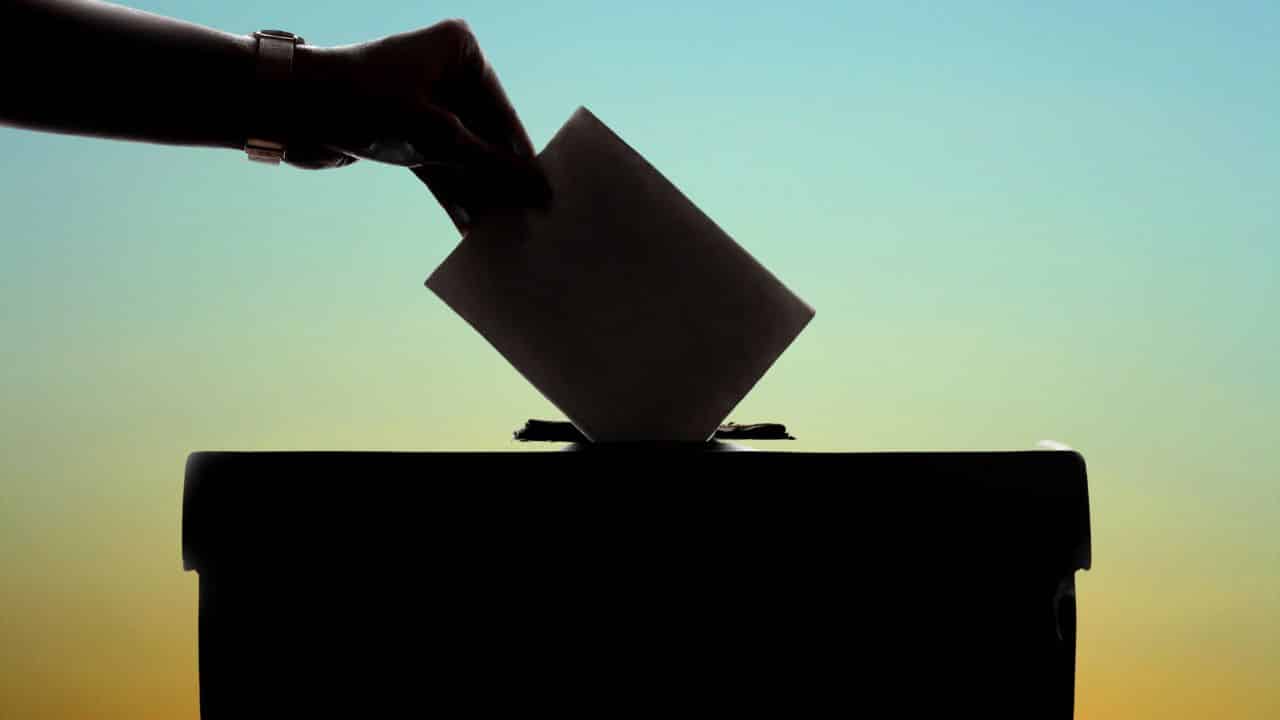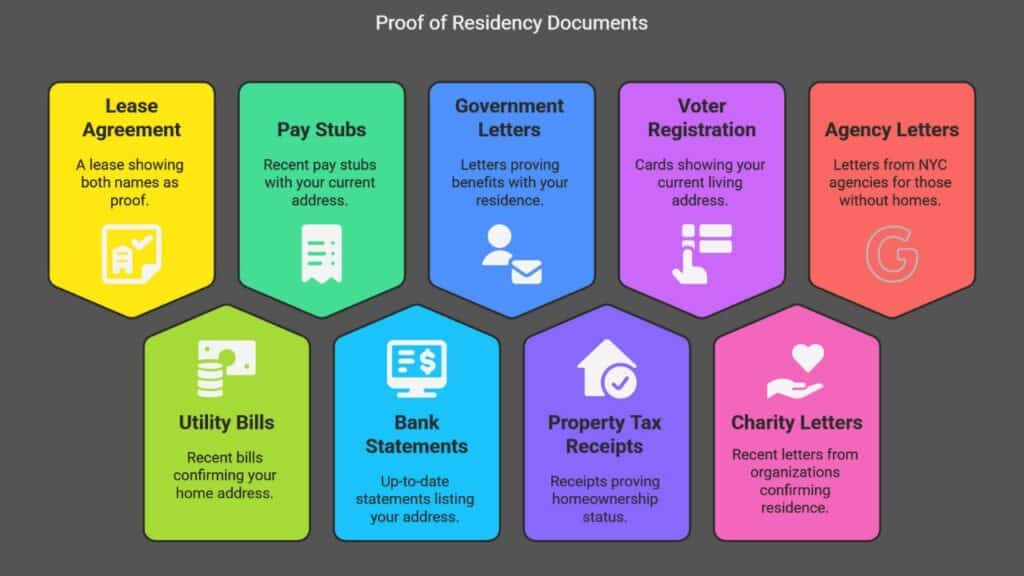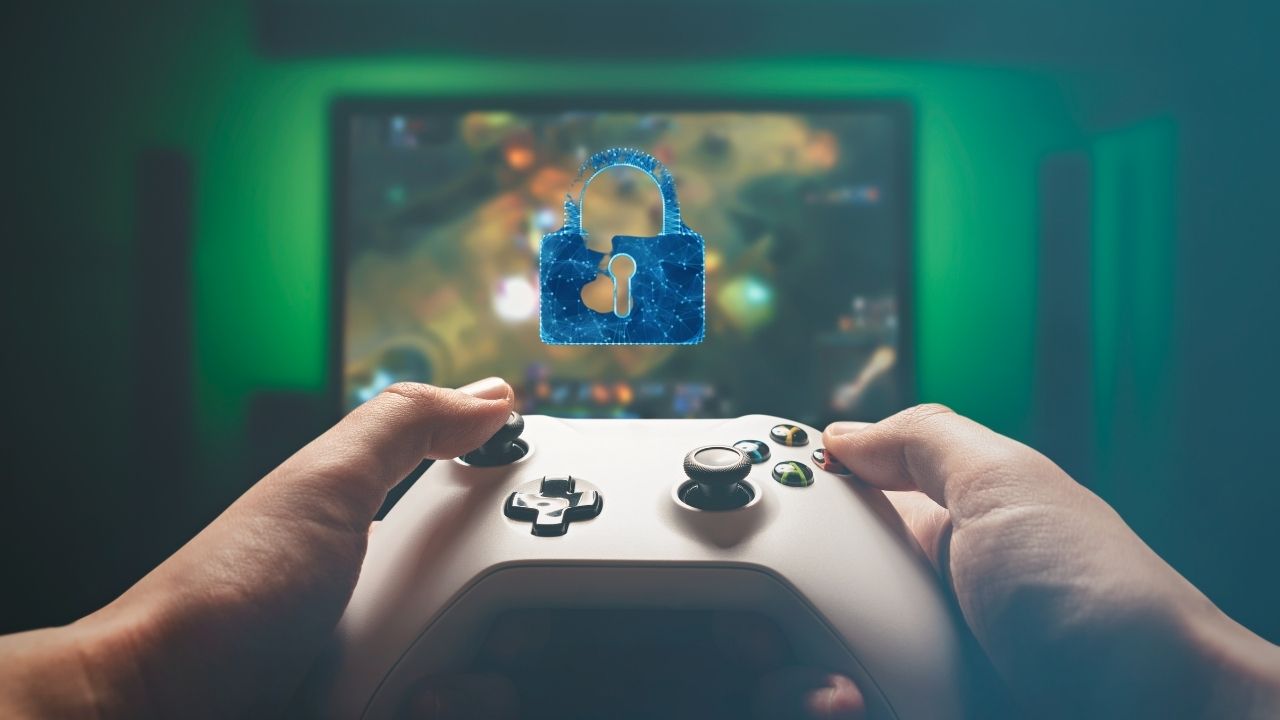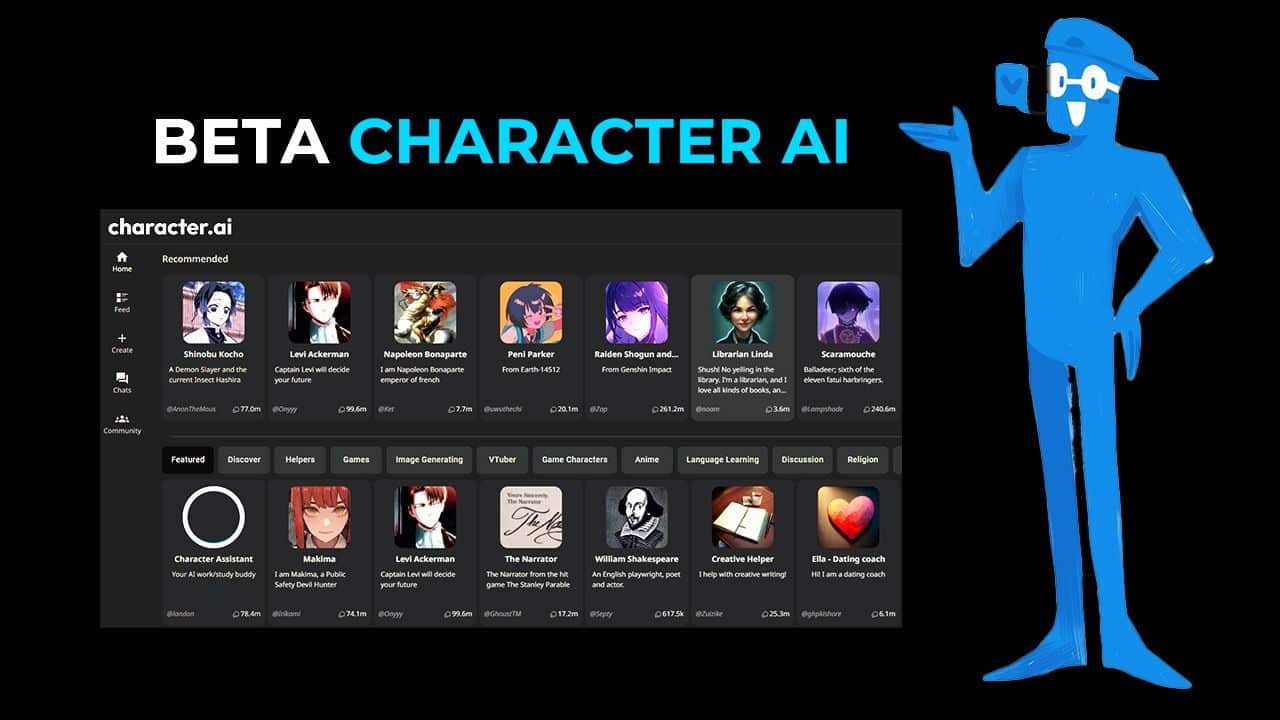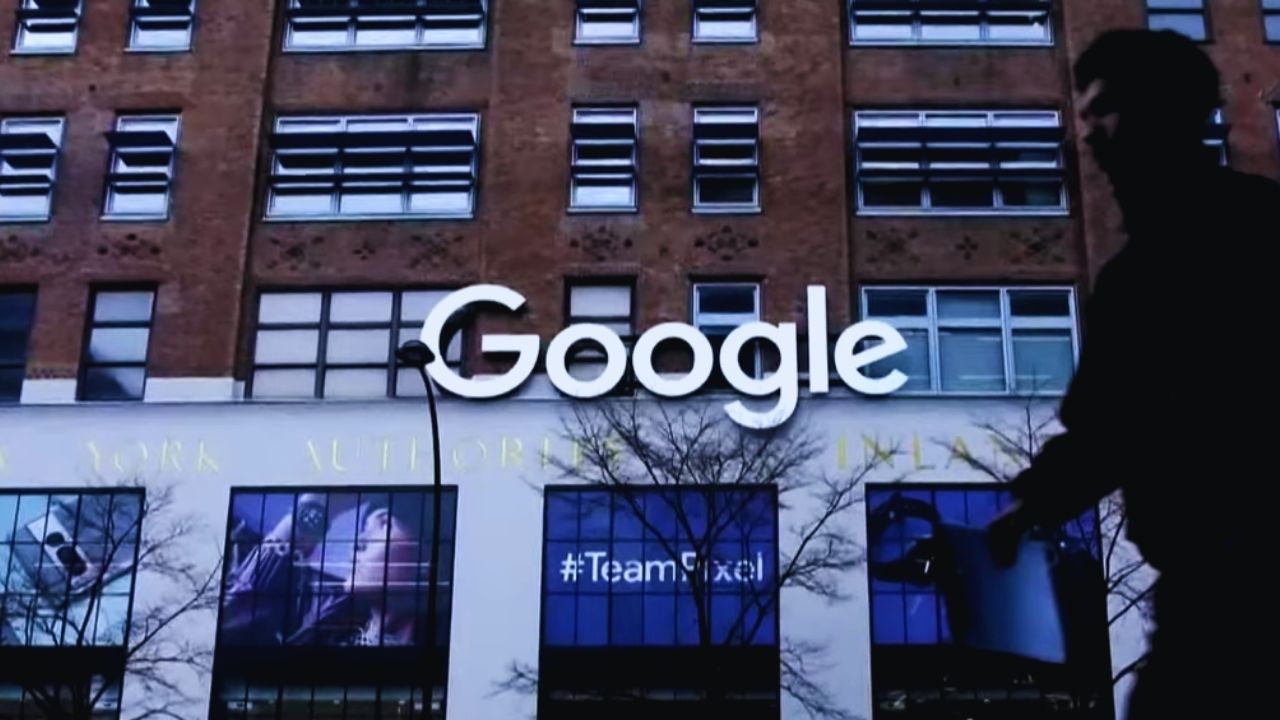Need to know if a PO box works for a state ID? Many ask this when getting IDs like driver licenses or non-driver identification cards. You must prove your home address without just a PO box for most state IDs.
We’ll show you acceptable proof of residency and other steps to get a state ID. We cover how the REAL ID Act affects ID requirements. Keep reading for help on choosing the best proof for your situation.
Key Takeaways
- You cannot use a PO Box for a state ID address. Use your actual home address.
- Show bills or bank statements with your address to get a state ID.
- The REAL ID Act asks for more proof of residence and says no to PO Boxes.
- Certain programs allow hiding your real address while meeting ID rules.
- Check your state’s laws for required documents to obtain an ID or driver’s license.
Can You Use a PO Box for a State ID?
A PO Box won’t work for a state ID; it must show your actual home address.
Including a link to “Can you have a PO Box on your driver’s license?”
You can use a PO Box on your driver’s license in some states but not all. This is important for identity verification, real ID, and vehicle registrations. Each state has different rules about using PO Boxes on driver’s licenses.
The guide “Can you have a PO Box on your driver’s license?” explains how to use postal boxes for ID purposes. It includes details on proof of residency requirements at the DMV. Knowing these rules is helpful when getting or updating a driver’s license.
Acceptable Forms of Identification for State ID Applications
To get a state ID or driver license from the DC DMV, bring required documents like your passport or birth certificate for proof of identity. Also, check the specific requirements for proof of residency and other necessary papers before you visit.
Primary photo identification requirements
For a state ID, you need to provide certain identification forms. You must have at least one proof of identity that includes your photo and birth date. Here are the primary photo IDs accepted:
- U.S. passports prove your nationality with a picture.
- Valid foreign passports are accepted for non-U.S. citizens.
- Military ID cards show service members’ photos and personal details.
- School IDs must have your name, photo, and sometimes date from colleges or high schools.
Now let’s look at secondary identification documents required for a state ID application.
Secondary identification documents
To get a state ID, driver license, or REAL ID from the DC DMV, you need extra documents. These show more about who you are:
- Water and electricity bills confirm your living place.
- Bank statements with your name and address check if you have a bank account.
- Pay stubs prove employment and income. They must include your name.
- A social security card carries your unique work and tax number.
- Last year’s tax records should list your full name and residence.
- School records like report cards verify student status with names and dates on them.
- Lease agreements show rental agreements with landlord details for those renting homes.
- For homeowners, mortgage documents demonstrate property ownership.
Collecting these items supports identity verification for various applications at the DMV effectively.
Proof of Residency Requirements
Getting a state ID requires proof of residency, like utility bills or official documents, showing your home address. Learn what qualifies as acceptable documentation.
Documents with a physical address
For a state ID, you need a real address, not a P.O. Box. Use these documents to prove where you live:
- Your lease with both your and your landlord’s names shows your home.
- Recent utility bills for electricity or water confirm your address.
- Pay stubs must have your current address and be recent.
- Up-to-date bank statements that list both banking activity and home address are valid.
- A government agency letter proving you receive benefits must include your residence.
- Property tax receipts can prove homeownership.
- Voter registration cards are acceptable if they show where you currently live.
Now, focusing on primary photo identification needs:
Exceptions for certain ZIP codes without street delivery
Some people can’t get mail at home. They find it hard to show where they live for a state ID. They can use letters from groups that help others, like church or charity letters. These letters must be new, less than 14 days old.
If someone doesn’t have a home, they can use letters from New York City agencies. These need to be less than 30 days old.
This rule lets everyone get an ID. It doesn’t matter if they don’t have a regular address. The DC DMV and other agencies give ways to prove you live somewhere. This makes sure people get the ID cards they need, like a driver license or commercial driver’s license, without trouble.
The REAL ID Act and Address Requirements
The REAL ID Act requires proof of residency for an upgraded driver license or state ID, not allowing PO Box addresses. To get a REAL ID, ensure your documents show your actual address.
Enhanced or REAL ID address rules
Enhanced ID and REAL ID require a resident address, not a PO Box. Enhanced ID allows land or sea border crossing and costs $30 more. REAL ID has no extra fee. Both confirm identity and residency for safety but have different rules about addresses.
Differences between standard and REAL ID requirements
Standard IDs and REAL IDs follow different rules. For a REAL ID, you must provide more documents, including your social security number and proof of residency. A REAL ID features a black circle with a white star.
In contrast, a standard ID lacks this symbol.
REAL IDs allow US air travel without other forms of identification from May 2023 onward. They also grant access to certain federal buildings. To obtain one, visit the DC DMV with documents that verify your identity, address, and SSN.
Standard IDs require fewer details and do not comply with these updated requirements for flights or entering secured areas.
Alternative Solutions for Address Confidentiality
Address Confidentiality Programs protect your privacy by allowing you to use a substitute address. This keeps your real home address off public records, making it a safe choice for safeguarding personal information.
Address Confidentiality Programs (ACP)
Address Confidentiality Programs (ACP) protect your privacy by letting you use a substitute address for mail. This mail first goes to the alternative address, then gets sent to your actual location.
These programs are useful for individuals who need to keep their location secret for safety reasons, allowing them to receive all important mail safely and privately.
Using a substitute address for privacy protection
If you need to keep your real address secret for safety, a substitute address can help. Address Confidentiality Programs (ACP) offer a safe alternative for use on official forms. This keeps your actual location private.
Special letters from groups like nonprofits and religious organizations can also protect privacy. They provide care-of letters. NYC agencies offer similar support for homeless individuals by issuing documents that serve as proof of residency without revealing their true addresses.
Tips for a Successful State ID Application
For a smooth State ID or driver’s license process, make sure all your papers are up to date. Check what your state needs for proof of where you live. To learn more, keep reading!
Ensure all documents are current
Make sure all your documents are current before applying for a state ID. This includes checking expiration dates on papers you use as proof of identity or proof of residency, like bills.
States have different rules, but up-to-date documents are always necessary. Renew any expired document before submitting your application to the DC DMV. Early renewal might lead to extra fees, especially if you’re renewing a driver license or clean hands law certificate close to its expiration date.
Always check the validity of your documents to ensure a smooth application process with the DC DMV.
Verify residency requirements in your state
Before going to the DMV, update all your documents. Check your state’s residency rules online. Each state has different requirements for proof of identity and proof of residency. The DC DMV document guide lists acceptable documents.
Some areas without street delivery have unique rules for proving residency. Always check these exceptions before applying for a real ID or driver license at the DMV. This preparation prevents surprises and ensures a smooth process in getting your new ID.
Takeaways
To get a state ID, you need the right proof of identity. A PO Box won’t work because laws require your actual living address. The REAL ID Act demands even more specific proofs. If you’re worried about privacy, some programs can hide your home address while still meeting these requirements.
Always check the DC DMV’s needs and keep your documents current to make this process easy.
Proof of residency is vital for a driver license or a state ID under the REAL ID Act. For businesses using a “doing business as” (DBA) name, the clean hands law requires that they too follow similar rules on identifying their operation locations accurately, especially along busy streets like Ritchie Highway.
Multi-factor authentication (MFA) adds an extra layer of security for personal information during this process, ensuring that only you can access your data and complete your application correctly.
FAQs
1. Can I use a PO Box for my state ID as proof of residency?
No, you can’t. State IDs typically require a physical address to show proof of residency. A PO Box doesn’t meet this requirement.
2. What forms of identification are acceptable for obtaining a state ID?
For most places like the DC DMV or Ritchie Highway, you’ll need multiple proofs of identity such as your driver’s license and birth certificate, along with proof of residency.
3. Does the “Clean Hands Law” affect getting a state ID if I’m doing business under an alias or trading name?
Yes, it might! The Clean Hands Law requires that individuals not owe more than $100 to the District in order to receive public benefits – including licenses and IDs.
4. Is multi-factor authentication (MFA) involved in getting a Real ID or State ID?
While MFA is commonly used for online security, it isn’t typically involved when applying for Real IDs or State IDs at present.


